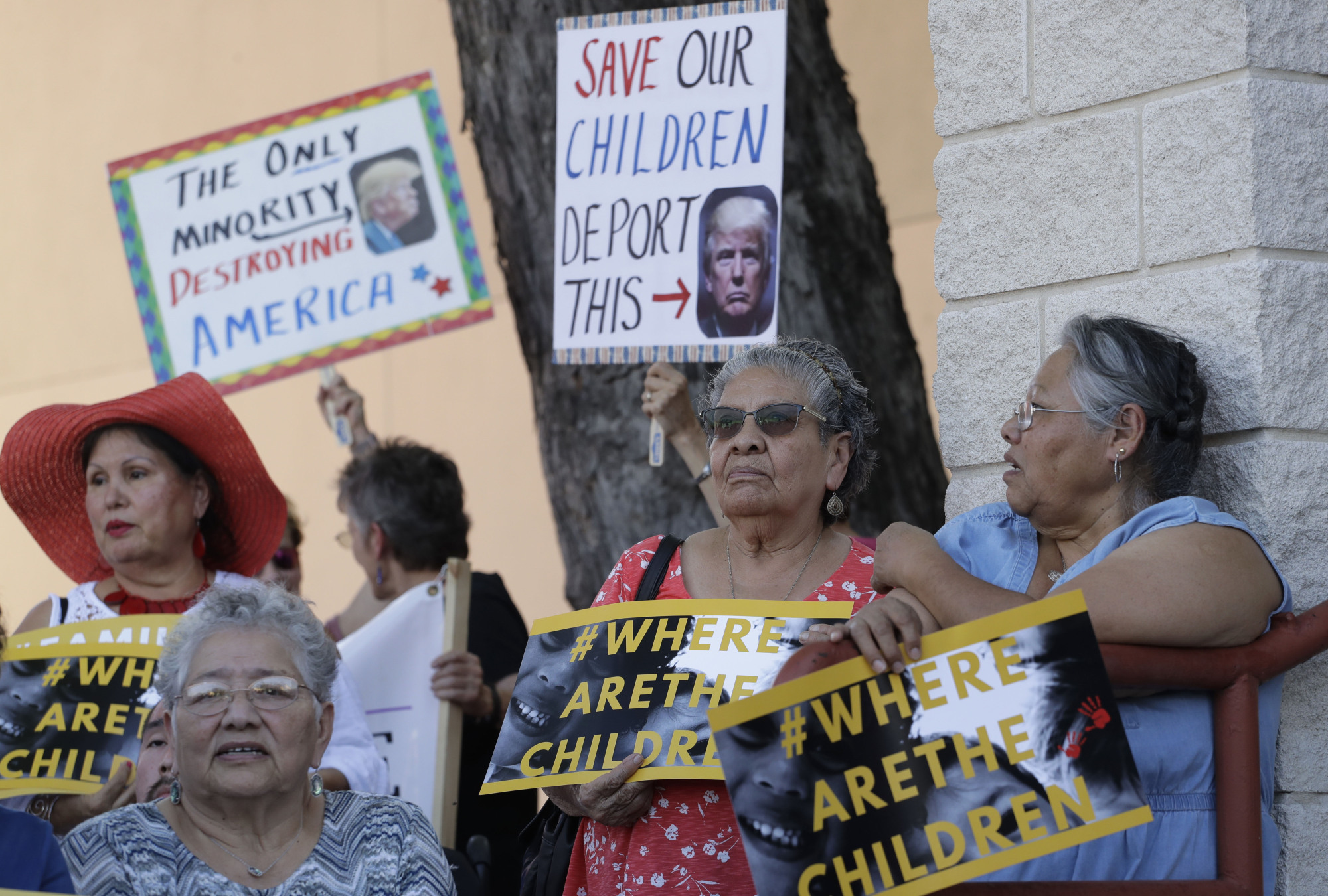Longtime readers may know that I have spent the last 10 years or so writing about child abduction and the appalling way in which Japanese courts allow children to be unilaterally separated from one of their parents. In addition to numerous columns in this paper on the international aspects of the problem, in 2011 I wrote a book on the subject in Japanese, since it is also a fate suffered by countless Japanese parents and their children in the course of marital breakdowns
Japan joined the Hague Convention on the Civil Aspects of International Child Abduction in 2014, a result that can be attributed in part to a prolonged diplomatic campaign by Western countries. That campaign involved an educational component in which I was involved, participating in numerous symposia sponsored by various Western embassies and even individual meetings with consular officials who were struggling to understand why Japan could not seem to return children — both before Japan joined the convention and after. One of the small things I am proud of from this period is a letter from the head of mission at the U.S. Embassy thanking me for my contributions in these efforts.
Although I have voiced numerous criticisms of the Japanese legal system in a wide variety of contexts, I generally try to avoid "elsewhere is better/worse" comparisons because they are usually pointless and subjective. One exception has been in the field of parental child abduction. When compared to the workings of Japanese courts, the efforts of the Western diplomatic corps repeatedly demonstrated the latter seemed to have a deeper, more basic concern for the inherent value of the parent-child relationship. I was proud that the countries I am associated with were willing to devote resources to this issue.

















With your current subscription plan you can comment on stories. However, before writing your first comment, please create a display name in the Profile section of your subscriber account page.